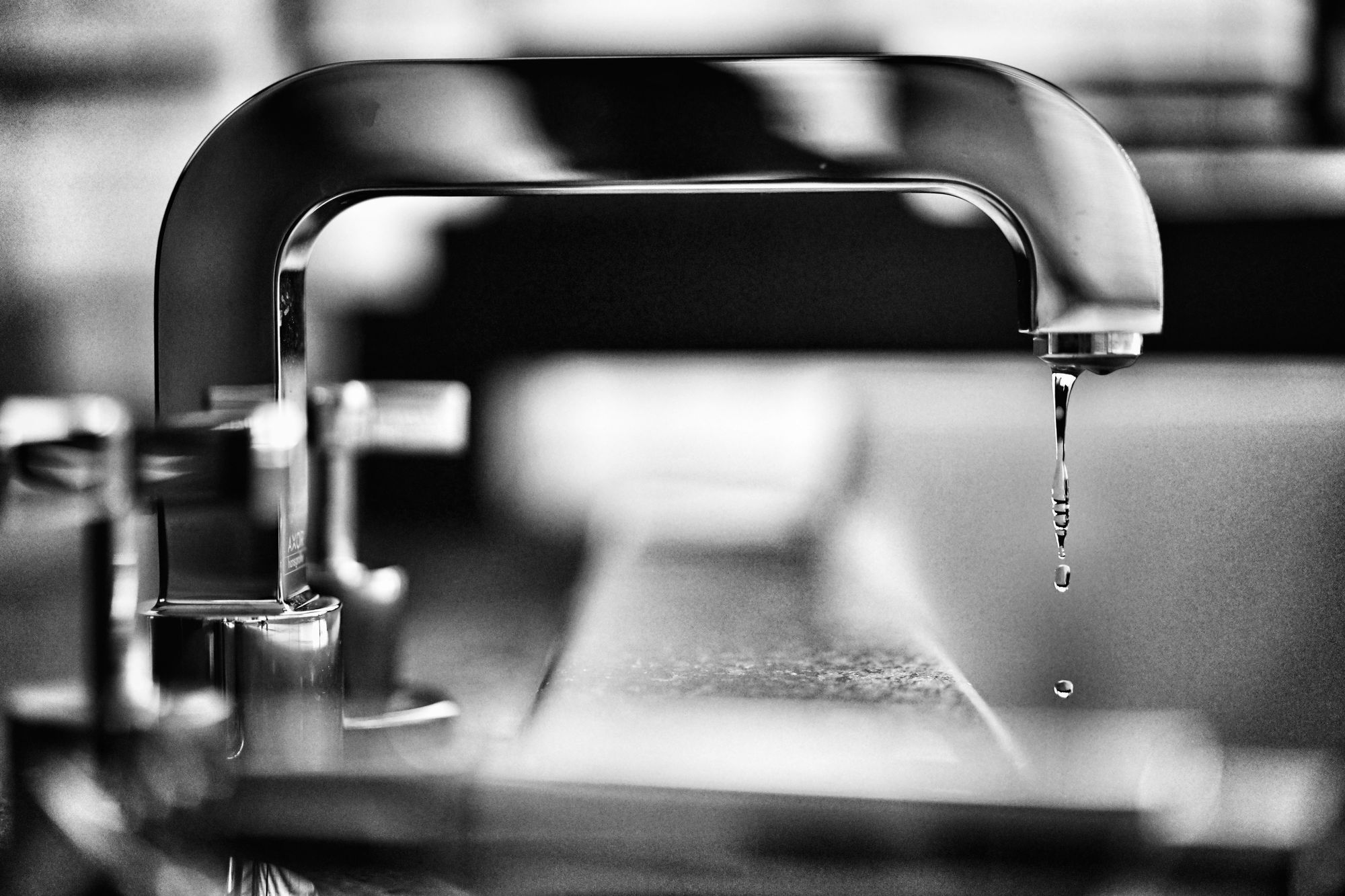Things To Do During Plumbing Emergencies

If you own a home or live in a rented apartment, you’re bound to experience plumbing emergencies at some point. From burst pipes, gas leaks, faulty heater system, blocked drain, and faulty taps, plumbing disasters can occur in several ways. Being prepared and knowing what to do when this happen is your first step to reducing damages and repair cost.
While having a professional plumber on call is the most important factor for having your plumbing issues promptly fixed, here are the steps you should take to minimize damage in a plumbing emergency.
Examples of Plumbing Emergencies
Below are some of the most common residential plumbing emergencies that you may have to face.
- Clogged sinks, toilets, bathtubs and shower drains
- Leaky faucets, toilets, water heater, hoses
- Broker water lines
- Burst or frozen water pipes
- Sewer system backups
Things to Do During Plumbing Emergencies
- Water Leakage: Turn Off the Water Supply
The most common plumbing emergency in homes are water leaks or water in your home. And a lot of time you may not even know the main source of this water leakage. It could sewage water or domestic water leaking in your home.
The first thing you should do when you see water everywhere is to shut off the water supply using the homeowner shutoff valve. Your homeowner shutoff valve is usually located out by the street in between you and your neighbor property line. It is advisable that you have a plumbing water key in your home.
- Sewage Backups: Call a Professional Plumber
Sewage backups usually happen when there is something wrong with the sewage pipes under your foundation. Sometimes, roots can lead to blockage or wrong installation may lead to serious problems.
If you see a pool of brown smelly water in your yard, the first thing you should do is to shut off the water. Don’t try to fix a sewage-related problem yourself. You may expose yourself to harmful bacteria. Call the water utility company or septic company who will send a trained professional to investigate and fix the problem.
- Overflowing Toilets: Turn off the Water Supply
A clogged toilet can quickly overflow when flushed, leading to unsanitary issues and immense water damage. To avoid an overflowing toilet, never flush any product aside from toilet paper. Paper towels, tissues, wrappers and even baby wipes can all easily clog your plumbing and cause your toilet to overflow.
If you do experience this common plumbing emergency, find and turn off the water supply valve beneath the toilet tank to prevent more water from entering the bowl.
- Broken Water Heater: Flush the Water Tank/Call a Professional
From water that’s too cold or too hot to water that has a strange odor, water heater malfunctions are never something to look forward to. Flushing your water tank may solve color and odor problems as well as improve the heater’s efficiency, but if you notice a leak, it’s time to call the experts for a water heater repair.
- Frozen Pipes: Defrost it With Minimal Heat
This usually happens during cold winter periods. If you notice a frozen pipe in or outside your house, inspect the pipe closely for broken areas or sprite in the fitting that may have broken or pushed apart.
If you notice any, call a plumber immediately. If you do not see any damage, you can defrost it out with a hairdryer on low heat. Note that you should not focus on one part only, but try to evenly distribute the heat to the entire pipe. Do not use any flame as this can cause harm to you or even a major leak.
In conclusion,
Acting fast can save your home from major damage and prevent any significant costs. Keep your emergency plumber’s contact number close, and be prepared with these essential steps to avoid damage during a plumbing emergency.
